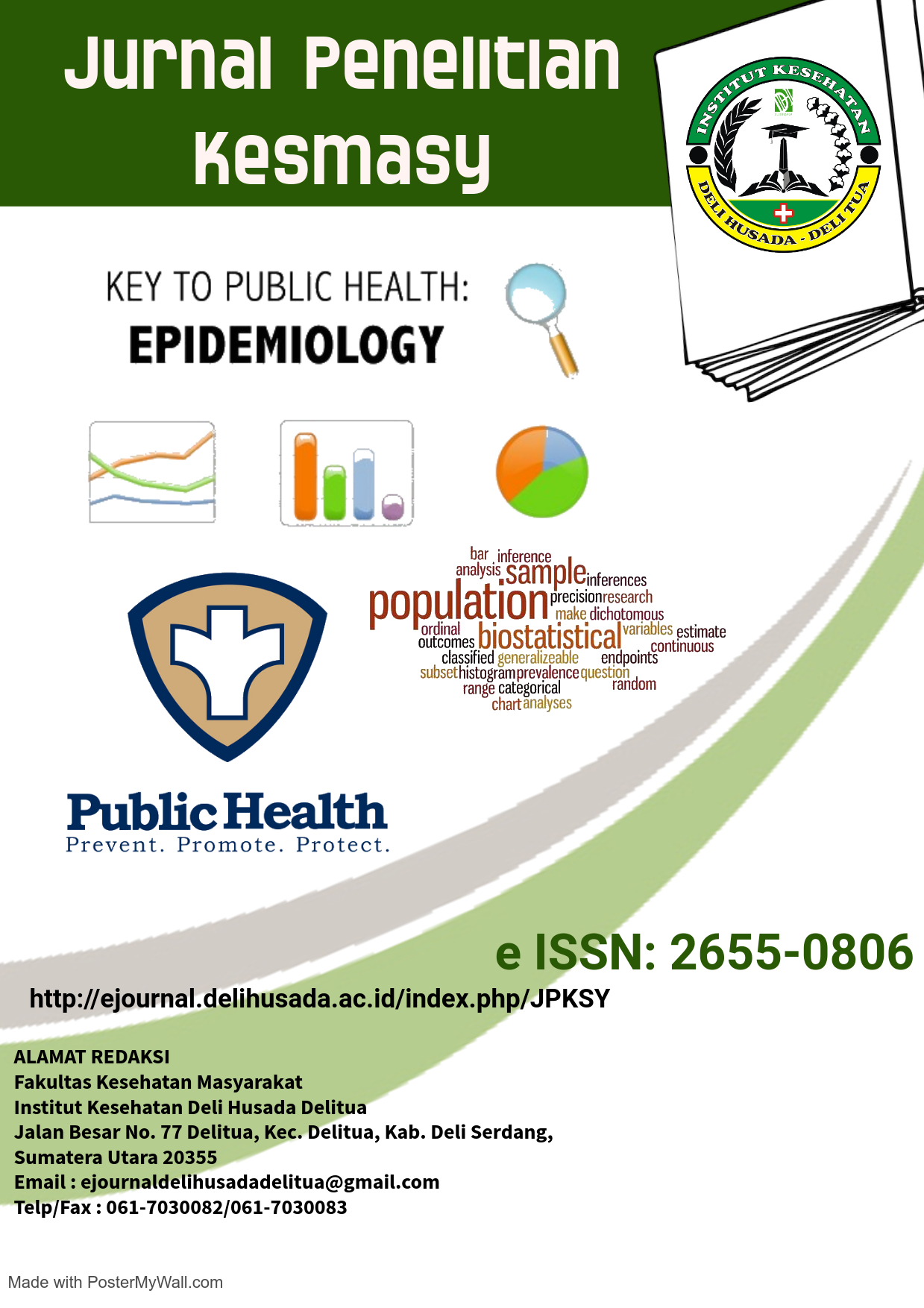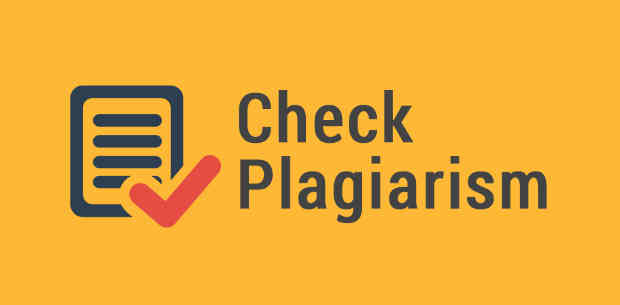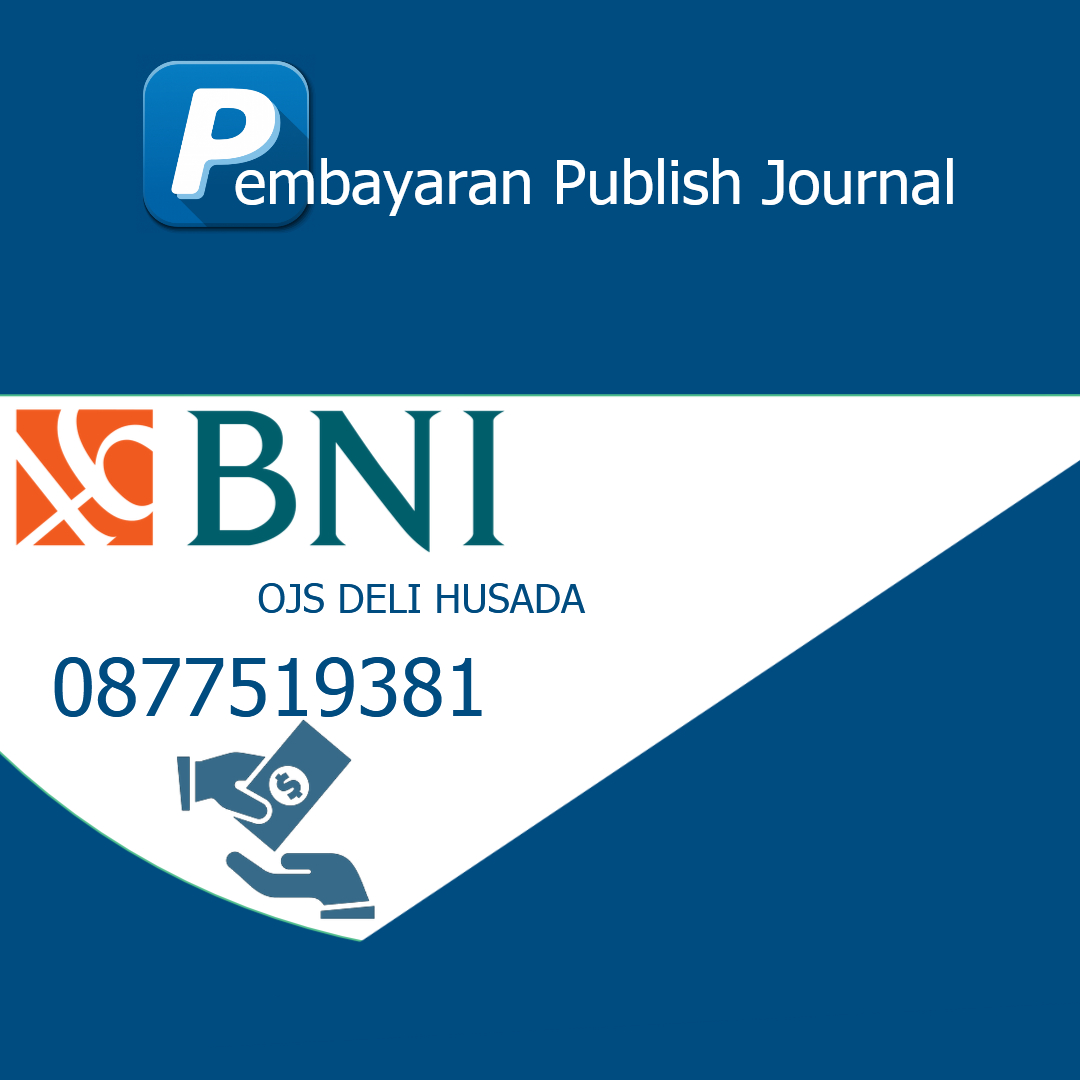The PENGARUH METACOGNITION STRATEGI DALAM MEMBACA KOMPREHENSIF DALAM TEKS DESKRIPTIF DI INSTITUT KESEHATAN DELI HUSADA DELI TUA 2019
PENGARUH METACOGNITION STRATEGI DALAM MEMBACA KOMPREHENSIF DALAM TEKS DESKRIPTIF DI INSTITUT KESEHATAN DELI HUSADA DELI TUA 2019
Abstract
The study is focused on finding out the effect of applying Metacognition Strategy on students’ reading comprehension in reading descriptive text. This study conducted on experimental quantitative design. The population of the research was the Pharmacy students at Institut Deli Husada Deli Tua. There are three hundred forty six students at pharmacy to be the sample of the research. This study was conducted by two randomized groups named Experimental Group and Control Group. The Experimental Group was taught by using Metacognition Strategy but in Control Group didn’t be taught by using Metacogniton Strategy. The instrument of collecting the data was multiple choice tests which consisted of 25 questions. The research Obtain the reliability of the test by using Kuder-Richardson (KR-21) formula. The calculation shown the reliability was 0.57 (Moderate). The data were analyzed by using t-test formula. At the level of significance 0.05 with the deegree of freedom (df) 58, t-observed is 4.1 while t-table is 1.67. Then F-value is 1.41 and F-table is 1.84. It means that there was significant effect of applying Metacogniton strategy on students’ Reading Comprehension in reading descriptive text. So, the conclusion is the null hypothesis (Ho) is rejected and alternative hypothesis (Ha) is totally accepted.
References
Alexander, J.Estill. 1977. Teaching Reading Third Edition. United States: Scott Foresman Company.
Arikunto, S. 2010. Prosedure Penelitian. Jakarta: Rhineka Cipta.
Ary, D. 1979. Introduction to Research in Education, Second Edition. New York: Holt, Rineahart and Winston.
Blakey, E., and Spence, S. 1990. Developing Metacognition. New York: ERIC Digest. (ERIC NO.: ED327218). Retrieved December 1999, from http://www.edpsycinteractive.org/files/metacogn.html. Accessed in March 2015.
Brown, H.D. 2001. Teaching by principles: and interactive approach to language pedagogy. New York: Longman.
Burns, Paul C., Roe, Betty D & Ross, Ellinor. P. 1984. Teaching Reading in Today’s Elementary Schools. America: Houghton Mifflin Company.
Carnine, Douglas., Silbert, Jerry & Kameenui, Edwaard. J. 1990. Direct Instruction Reading, Second Edition. United States: Merril.
Gerrot and Wignel. 2001. Making Sense of Functional Grammar. Cammeray, NSW: Antipodian Educational Euter Prises.
Grabe,W and Stoller, Fredricka.L. 2002. Teaching and Researching Reading. Malaysia: Pearsoned.
Hacker, Dunlosky and Graesser. 2009. Handbook of Metacogniton in Education. New York: Routledge.
Heilman, Blair and Rupley. 1981. Principles and Practices of Teaching Reading
Fifth Edition .United States. A bell & Howell company.
Mulyono, W.A. 2011. English Alive 1 Grade X. Indonesia: Yudhistira.
Nainggolan, Bernard R. 2013. The Effect of Metacognitive Strategies on Student’s Reading Comprehension. Medan: State University of Medan. (unpublished).
Nunan, David. 1999. Second Language Teaching & learning. Canada: Heinle.
Shannon, S.V. 2008. “Using Metacognitive Strategies and Learning Styles to Create Self-Directed Learners: Institute for Learning Styles Journal,” Target 14-27.
http://news.okezone.com/read/2014/09/09/373/1036695/minat-baca-indonesia-satu-banding-seribu.
http://wartakota.tribunnews.com/2014/01/21/minat-baca-masyarakat-masih-rendah?page=1.
http://publikasipendidikan.blogspot.com/p/silabus-rpp-smama.html.
http://christine-metacognition.blogspot.com/2012/04/advantages-and-disadvantages.html.







